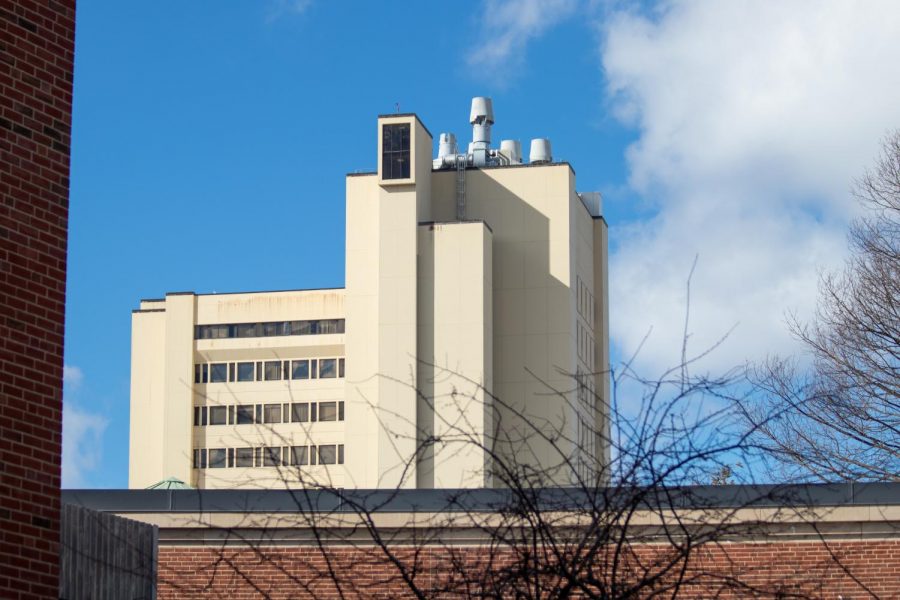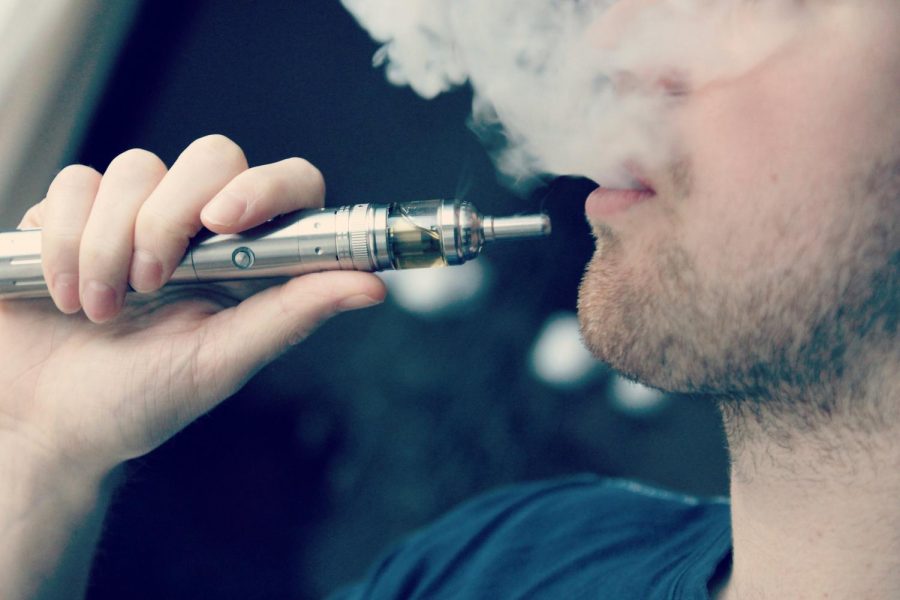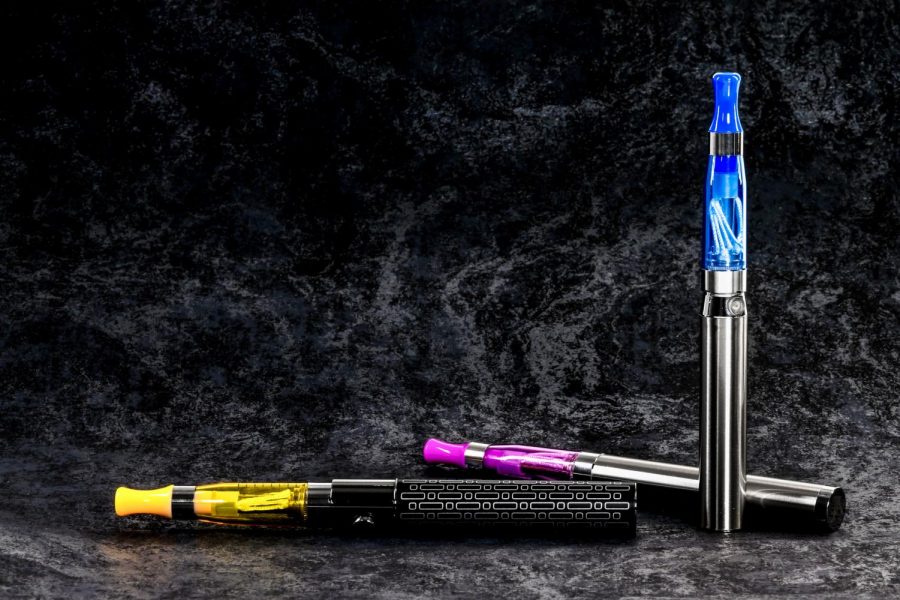
It’s all about the ratings, baby.
“Jeopardy” has always been a good, intense and challenging show. This show gets the audience, the viewers and the participants’ minds racing for the answer. “Jeopardy” is a game of speed, wisdom and good old fashion memory where the best person wins. Recently the show has taken the competition up more than a few notches. IBM’s super computer Watson has taken the game show by storm. Feb. 14 marked the date that Watson took on two of the best of the best to ever compete on the program, Ken Jennings and Brad Rutter.
This epic event has brought to life what so many of us love to watch and that is man versus machine. What could be more interesting than watching humans compete against a man made supercomputer? Some may have not so positive views but the viewers worldwide beg to differ.
Man versus machine has set records in the history of “Jeopardy” ratings. The first day of Watson racked up a household rating of 8.7 and climbed to an even more astonishing 9.5 for the next day. The people of the world were all tuned in to watch the greatest humans to ever grace the “Jeopardy” stage take on what has to be one of the biggest recent improvements in artificial intelligence history. Not only is Watson a thrill to watch, he is also an example of how far technology has come. It presents a prime example of where our advancements in artificial intelligence can take us in the near future.
How can Watson be seen as a sign for future advancements? Well artificial intelligence is becoming more and more useful in the business world. They are able to perform functions a lot faster and more efficiently than humans can. According to Referenceforbusiness.com, “Senior managers in many companies use AI-based strategic planning systems to assist in functions like competitive analysis, technology deployment, and resource allocation. They also use programs to assist in equipment configuration design, product distribution, regulatory-compliance advisement and personnel assessment. AI is contributing heavily to management’s organization, planning and controlling operations, and will continue to do so with more frequency as programs are refined.”
When we take a deeper look at all the possibilities of having artificial intelligence at Watson’s level or greater, we can see that they are an immense number of benefits.
Instead of requiring humans to risk their lives mapping out, drilling and searching for natural resources, we could have an artificially intelligent machine perform all of these functions. In addition to cutting back on the human risk factor, artificial intelligence could contribute to the speed at which things are finished. There have been numerous times when someone has fallen asleep at the wheel of a car or taken a nap on the job. If we had artificial intelligence with Watson’s capabilities, all those hard working nap takers could rest knowing that the work they should be doing is being taken care of. Due to movies such as “The Terminator,” “The Matrix,” many are afraid that if we become too dependent on machines then they will take over the world. This notion is absolutely, positively far-fetched and needs to be immediately dropped. There is no way man’s potentially new best friend would ever think of harming anyone. In fact many machines of artificial intelligence have been helping humans stay safer. Humans have acquired many injuries in factories and such, but now we have intelligent machines to take us our of harms way.
According to Referenceforbusiness.com , “Robots are being utilized more frequently in the business world. In 1990, over 200,000 robots were in use in U.S. factories. Experts predict that by the year 2025, robots could potentially replace humans in almost all manufacturing jobs. This includes not only the mundane tasks, but also those requiring specialized skills. They will be performing jobs such as shearing sheep, scraping barnacles from the bottoms of ships, and sandblasting walls. However, there are jobs that robots will never be able to perform, such as surgery. Of course, there will still be a need for individuals to design, build and maintain robots. Yet, once scientists develop robots that can think, as well as act, there may be less of a need for human intervention. Thus, the social ramifications of AI is of major concern to people today.”
Watson and his companions are the best things that could possibly happen to the human race. Maybe they are not perfect all the time, but who in this world is? You can only expect a machine made by imperfect beings to make mistakes sometimes too.
Curtis Bloomfield is a Collegian columnist. He can be reached at [email protected].






